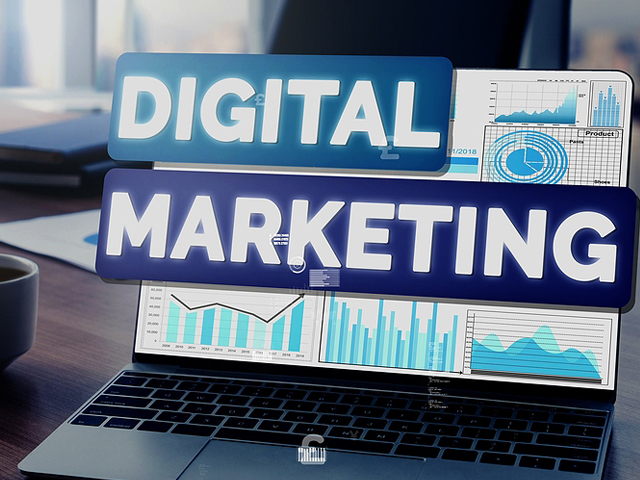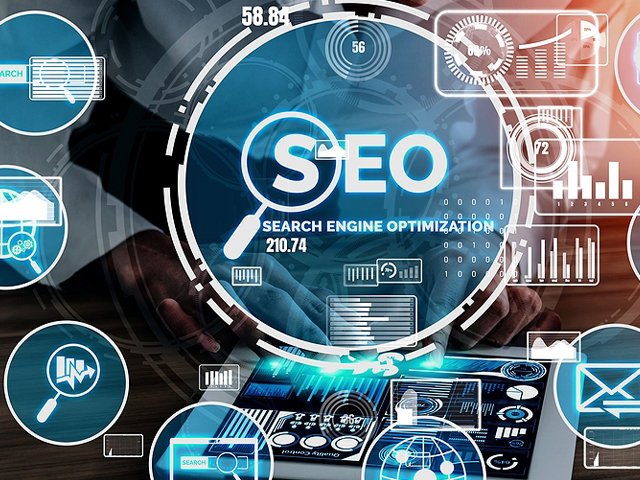
Most companies nowadays understand the value behind a data-driven business strategy. Approximately seventy percent of American executives say they are seeking job candidates with data skills and this demand will only increase as we continue to get more immersed in our digitized world.
Perhaps, you are beginning your research and curious about how to transition to a career in data analytics. Maybe you are looking at job postings to read about data-driven jobs and their requirements. This is a smart place to start; however, many analyst jobs are very specific. This can make it tricky to determine which skills are necessary to master.
The following is a list of the major skills a data scientist requires to succeed:
- Microsoft Excel
- SQL or Structured Query Language
- Python-Statistical or R Programming
- Critical Thinking
- Data Visualization
- Presentation Skills
- Machine Learning
To stay competitive in the job market, here is a closer look at what those skills entail.
Vital Skills Required By Data Analysts
Microsoft Excel
Microsoft Excel is a popular tool that many rely on to create spreadsheets. There are additional analysis abilities that this tool provides. For quicker, smaller analytics, VBA lookups and writing Maros are some of the advanced Excel options. If one is working with a larger data set, they may prefer Python or R as their programming language of choice.
Excel is often the first database version that people experience when working at a start-up or a lean business. It continues to be a mainstay product for companies across every industry. Spending time learning it is beneficial and essential for many careers. Thankfully, there are numerous free online resources to help those who wish to learn. You may even be interested in structured data analytics classes for people looking for a stronger understanding of this program.
Structured Query Language or SQL
Considered to be the industry standard for database languages, Structured Query Language or SQL may be the most vital skill for data analysts to understand. Some feel this language is the graduated format of Excel.
Basically, every organization requires someone who can utilize SQL for storing and managing data. It is used to relate various databases like the kinds that Amazon uses to recommend products that shoppers might like to buy and can be used to change or build those database structures. Every month, you can find thousands of advertised jobs looking for people with SQL skills.
The average salary for an individual with advanced SQL skills is over 75K. It is a beneficial skill for anyone to learn including those who consider themselves non-technical. If you desire to work in Big Data, the first step to take is learning SQL.
Python–Statistical or R Programming
Any task that Excel is capable of, Python or R can do much faster and better. Like SQL, Python and R can tackle anything that Excel cannot. It is also approximately 10x faster. These robust statistical programming languages are used to complete predictive analytics and advanced analyses on large data sets. These languages are industry standard; therefore, you will have to venture beyond SQL and must master R or Python-Statistical Programming to be a successful data scientist.
Note that both Python and R are free and open-source, making this accessible knowledge. Most employers don't have a preference for the programming language their employees use if their analyses and work are accurate.
Certain analysts prefer R instead of Python as it was built particularly for analytics when it comes to conducting ad-hoc analysis and reviewing data sets. If you are curious about SAS and SPSS, learning R or Python instead is felt to be best practice since SAS programs similar to Excel are limited.
Critical Thinking
Relying on data to discover answers coincides with asking the right questions initially. This is how you need to think like an analyst to find success as an analyst. Your role as a data analyst is to discover and harmonize connections that may be tricky to uncover.
There are many tips and tricks you can utilize to help you craft your critical thinking skills. Some of these abilities are innate, however, it is never too late to improve your skills. Simply stay grounded and ask yourself questions when you are dealing with issues and seeking a solution. Working one step at a time is recommended to help stay focused and not get lost in complex situations.
Data Visualization
Engaging your audience and being able to relate exciting stories with data is essential for getting your point across. If you can identify your findings fast and easily, you will have an easier time communicating with others. Data visualization is one of the key ways to deliver the impact you are seeking. Data analysts rely on eye-catching graphs and informative charts to showcase their findings concisely and clearly. The visualization software from Tableau is one of the industry-standard analytics tools that is well-liked due to its user-friendly nature.
Presentation Skills
Of course, presentation skills go along with data visualization. Although presenting isn't easy and natural for everybody. Don't stress. Understand that even experienced presenters will get nervous occasionally. Try practicing first and keep practicing until you find your happy place.
Another positive suggestion is to set particular goals for yourself. This is a great way to track your improvements and allow you to focus on the audience instead of yourself. It can be useful to help you become more comfortable with the presentation world.
Machine Learning
Two of the main topics in the data science field include predictive analytics and artificial intelligence. Therefore, one of your greatest assets as a data analyst is to understand machine learning. Knowing these concepts and tools can help you stay ahead of the game, even though not every analyst job relies on these skills. It is recommended for your ultimate success. You will need to have optimal statistical programming skills at first to master this topic.
Developing Your Skills
It is essential to understand which skills you will require before beginning your career in analytics. Working with various aspects of data is one of the best ways to advance your career.
Many industries are gravitating toward Big Data and companies are seeking employees that have these skills to meet the demand. Expanding your data analytics knowledge now will give you more earning capacity and better job options down the road.
Thankfully, there are plenty of online resources available if you are seeking a career transition into the analytics realm. You have many options to help you grow these 7 skills and help you attain your goals. Your background, the resources and time you can commit and what your ultimate goals are will play a factor in your ability to develop these skills.
Additionally, some other free resources and books can tremendously help you when you are getting started. Hit the library and do some online searching to get started. This will help to familiarize you with the terminology and build a strong knowledge base. There are other options for those who wish to make a streamlined advance into the field by seeking opportunities to practice and gain the skills required to become an expert in this field.
There are also plenty of formal education options with online bootcamps, courses, or obtaining your advanced analytics degree. Growing your education can help you become an asset in this field and help you thrive in this extremely competitive landscape.
Some people prefer to work with a teacher and have feedback and scheduled learning. You know yourself best. There are numerous routes to take if you want to explore this career.











